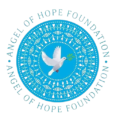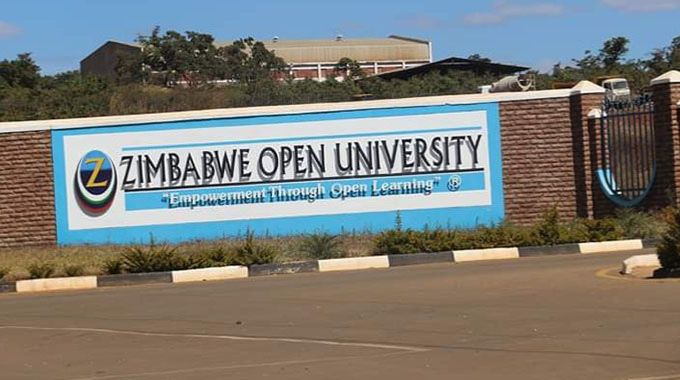Angel of Hope and ZOU facilitates short courses for 400 Vic Falls residents
Leonard Ncube
Four hundred people from Victoria Falls have enrolled in short courses offered through the Zimbabwe Open University, as part of a programme implemented by the Council of Churches in Africa in partnership with the Angel of Hope Foundation.
Angel of Hope Foundation was established by First Lady Dr Auxillia Mnangagwa.
The short courses ran from Monday to Friday last week, culminating in examinations on the final day.
Participants from a wide range of professions, including tourism workers, taxi drivers, teachers, and artists, underwent intensive training in courses such as agro-tourism and tour guiding, disability and sign language, agriculture, early childhood development, entrepreneurship and business management, counselling, nurse aid, and ICT.
Initially, the programme was designed for around 100 members of the Council of Churches in Africa (CCA), but was extended to interested residents to ensure inclusivity. Those who pass the exams will receive certificates, potentially opening doors to employment.
Addressing the participants after the examinations, Bishop Ndaba Sibanda of the churches in Victoria Falls expressed gratitude that the programme was expanded to include non-church members.
“The Council of Churches in Africa is an umbrella body of different churches. We partnered with ZOU and the Angel of Hope Foundation to empower communities. The programme began in Manicaland last month, and we are now in Matabeleland North, conducting training in Victoria Falls, Nkayi and Lupane,” he said.
“We realised that many people especially in churches had no capacity in many areas, while some less privileged may have failed to get money to continue with their education. So, we saw that they need certificates for them to get jobs and we thank the Government for creating such opportunities.”
Dr Agrippa Zhou of ZOU said the university been approached by the CCA to design relevant programmes and provide expert knowledge.
“We collaborated with CCA after they consulted us on the need to capacitate communities. We developed eight marketable courses, which will benefit participants, not just locally but also beyond Zimbabwe’s borders,” Dr Zhou said.
He said CCA consulted ZOU and signed a memorandum of understanding where it was agreed to support the programme being implemented in Matabeleland North, Bulawayo Metropolitan, Midlands, Masvingo and Manicaland.
Dr Zhou said the trainees who pass the exams will be included in the university’s database and will receive certificates during a combined graduation ceremony.
ZOU, which has over 9 000 students, sees this initiative as an opportunity to expand its visibility and increase student enrolment. Dr Zhou noted that the courses were designed to address critical skills, including conflict resolution, domestic violence, and technological literacy.
“We thought it was necessary to have these courses especially looking at conflict, domestic violence, the need for skills, counselling and technological appreciation. We went further to include non-congregants in the spirit of leaving no one and no place behind and since Victoria Falls is a tourism destination that is why we have an agribusiness and tour guiding course,” Dr Zhou told the participants.
“This is a State university whose Chancellor is President Mnangagwa, and the courses you are undertaking are well-recognised. You are making a great step toward professional development.”
Several trainees shared their motivation for enrolling. Ms Senzelwe Jubane, founder of Abangane-Shamwari Trust, chose to specialise in sign language to enhance her knowledge in disability issues.
“I chose to do sign language because this is the main thrust of our programmes so it is important to be well trained in disability issues. Sign language is a powerful tool that provides ownership to its users. I wanted to become more skilled in this area,” she said.
Mr Prosper Chuma, a local church deacon and tour guide, opted to train in counselling. “I have been informally offering counselling services in my church, but I wanted to gain formal skills to help both my congregation and the community, especially young people,” he said.
CCA regional bishop Dr Rocki Moyo said the initiative is part of the church’s broader contribution to the national vision of achieving an upper-middle-income society by 2030. – Herald

